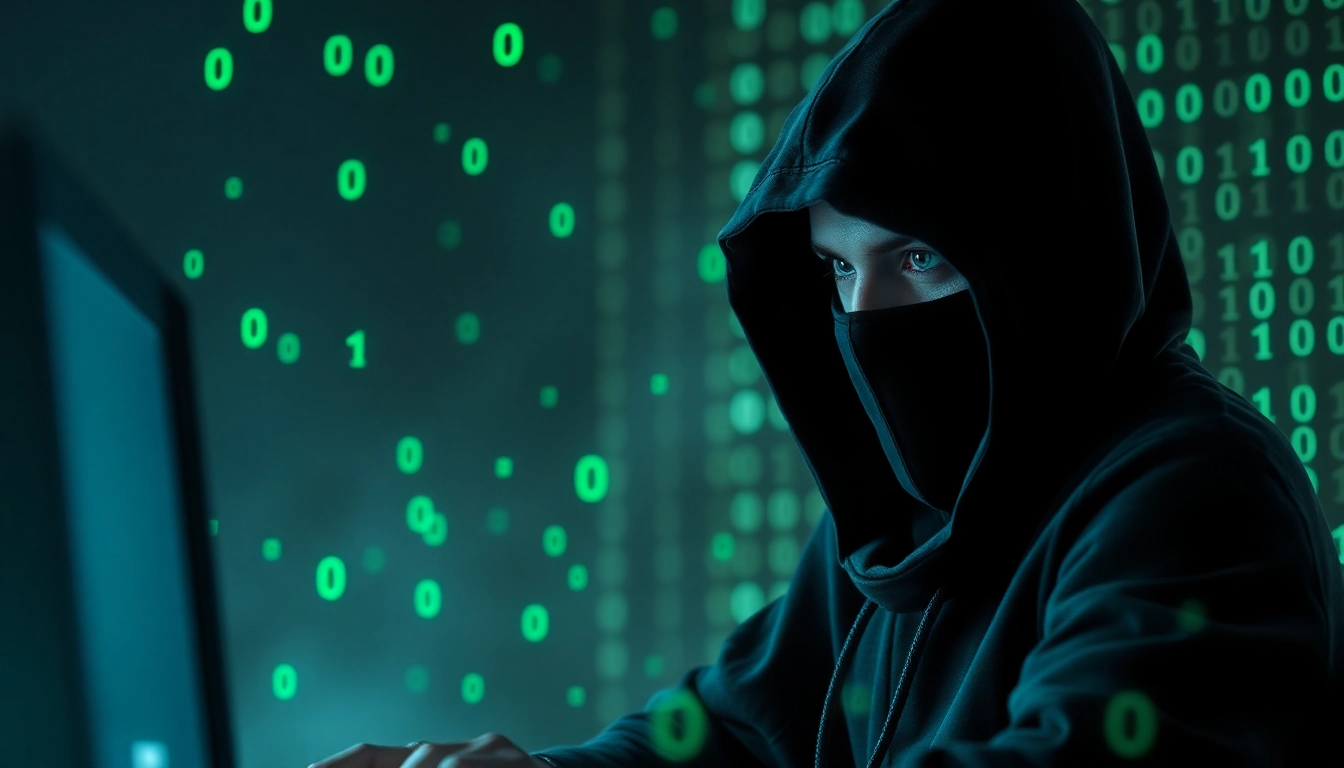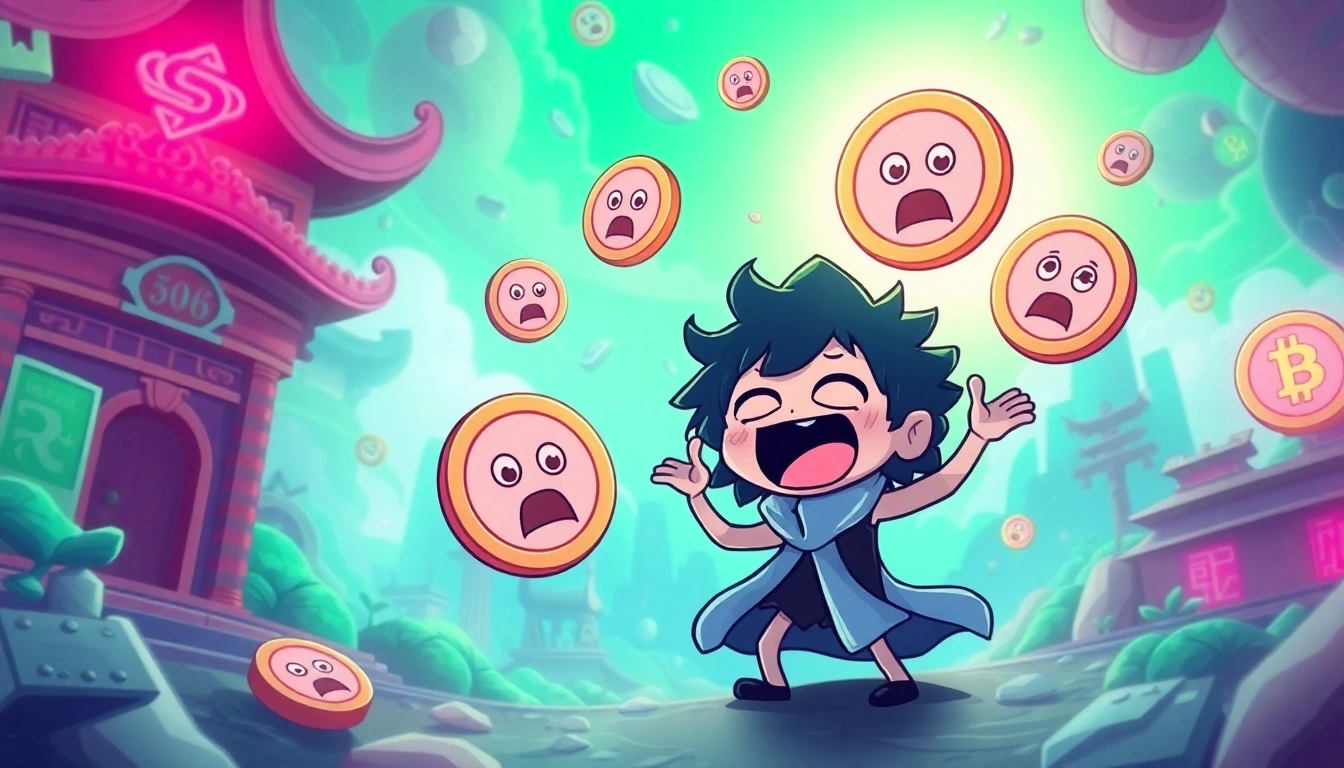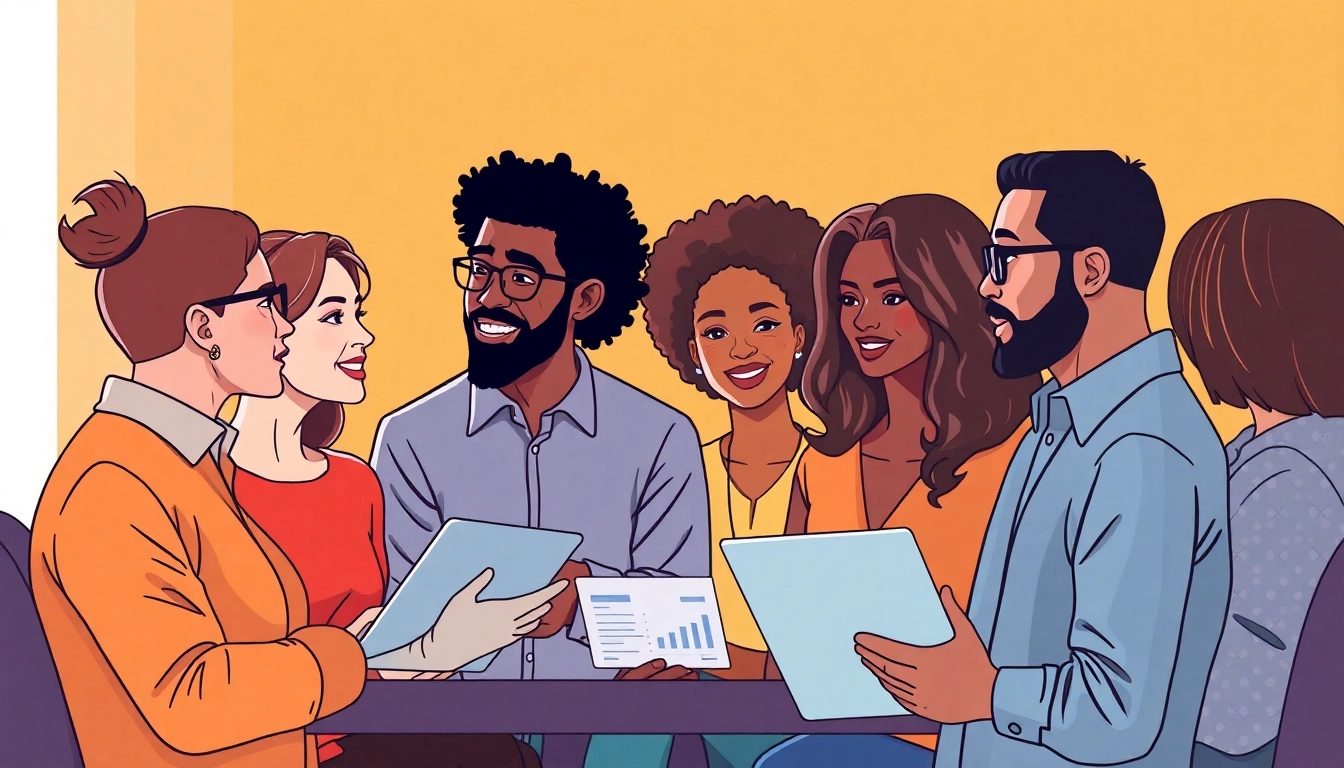Understanding the Anonymous Hacker Movement
The term “Anonymous” represents more than just a collection of hackers; it embodies a decentralized movement advocating for free speech, privacy, and anti-censorship ideals across the globe. Often regarded as a hacktivist collective, Anonymous has taken on establishment and corporate entities, especially on platforms like Facebook, by revealing sensitive information or protesting against practices considered unethical. For those curious about the complex interactions between anonymous facebook hacker groups and social media, understanding the origins, principles, and impacts of Anonymous is crucial.
History and Evolution of Anonymous Hackers
The inception of the Anonymous movement can be traced back to an imageboard called 4chan in the early 2000s, where users felt a sense of collective identity. The symbol of the Guy Fawkes mask and the slogan “We are Legion” are commonly associated with their collective persona, showcasing their commitment to anonymity and unified action.
From its early days of seemingly harmless pranks, Anonymous began to escalate its activities significantly. The 2008 Scientology protests marked a pivotal moment that shifted the image of Anonymous from a mere online prankster group to a serious activist body. This evolution continued with highly publicized cyberattacks on various corporations and government entities, solidifying their presence in the global cyber landscape as a force advocating for justice and transparency.
Core Principles and Ideologies
Anonymous operates under a loose set of principles that guide its actions, most notably:
- Freedom of Speech: Advocating for the right to express dissent and criticism against powerful entities.
- Privacy Rights: Promoting the protection of individual privacy against invasive surveillance and data collection, especially by corporations like Facebook.
- Anti-Censorship: Fighting against censorship and supporting access to information globally.
Moreover, the decentralized nature of the group means that there are no formal membership requirements or official leadership – any individual can align themselves with the group’s ideologies and take action under the Anonymous banner. This autonomy both empowers and complicates their mission, facilitating a wide range of activities – from peaceful protests to targeted cyberattacks.
The Impact of Anonymous on Facebook and Social Media
Facebook, as one of the largest social media platforms, has often found itself in the line of fire when it comes to privacy concerns, data breaches, and instances of censorship.
Anonymous has taken several actions against Facebook, condemning their handling of user data and calling out the platform for its alleged complicity in government surveillance. Notable campaigns include Operation Facebook, where hackers aimed to expose the platform’s practices and advocate for user rights. These efforts highlight the tension between social media corporations, their users, and hacktivist groups seeking to hold them accountable.
How to Protect Yourself from Anonymous Facebook Hackers
While the majority of individuals associated with Anonymous engage in hacktivism for noble causes, the potential for malicious hacking also exists. It is essential to recognize how to protect yourself from potential threats, especially if you use platforms like Facebook. Below, we outline several strategies for securing your social media presence.
Recognizing Common Hacking Techniques
Understanding the methods that hackers often employ can significantly bolster your defenses. Some common tactics include:
- Phishing: Hackers may send deceptive emails or messages posing as legitimate Facebook communications in an attempt to collect your login information.
- Brute Force Attacks: This method relies on systematically guessing passwords through automated scripts, making it crucial to use complex passwords.
- Malware: In some cases, hackers utilize malware to compromise your device, potentially allowing them to gain access to your Facebook account.
Ensuring Your Privacy Settings are Secure
Facebook provides multiple privacy settings intended to help users secure their accounts. To enhance your privacy, take the following steps:
- Navigate to the Privacy Settings in your account and tighten visibility settings for your posts, profile information, and friend list.
- Limit friend requests to “Friends of Friends” or only to people you know to reduce contact from unknown individuals.
- Regularly review and update app permissions to ensure third-party applications do not have unnecessary access to your data.
Best Practices for Safe Social Media Use
Implementing general best practices can further safeguard your Facebook usage:
- Use Strong, Unique Passwords: Each account should have a unique password with a mix of letters, numbers, and symbols.
- Enable Two-Factor Authentication: Add an extra layer of security by requiring a code sent to your mobile device when logging in from unrecognized devices.
- Be Cautious of Links: Avoid clicking on suspicious links, even if they appear to come from friends.
Anonymous Facebook Hacking: Myths vs. Reality
The mystery surrounding hackers and hacktivist groups like Anonymous often gives rise to numerous myths. Distinguishing fact from fiction is essential for understanding their actions and motives.
The True Purpose of Anonymous Hackers
Many people misconstrue Anonymous as purely destructive entities focused on chaos. On the contrary, their primary objective often revolves around creating awareness of social injustices and promoting transparency. Their hacking activities are frequently intended to expose unethical behaviors of corporations or governments.
Debunking Common Misconceptions
Some of the prevalent misconceptions about Anonymous include:
- All Hackers are Criminals: Not all hackers engage in malicious activities; many focus on ethical hacking aiming for improvements in security.
- Anonymous is a Unified Organization: Unlike conventional organizations, Anonymous lacks a formal structure, making them more an embodiment of a movement than a unified body.
- Hacks Always Have Negative Consequences: While some hacks may lead to harm, others result in important conversations about privacy, ethics, and accountability.
Real-life Examples of Successful Hacks
Throughout its history, Anonymous has conducted several high-profile operations, each demonstrating their influence and activism. Notable examples include:
- Operation Payback (2010): Initially aimed at countering anti-piracy organizations, this initiative evolved into a larger movement against companies like PayPal that withdrew services from WikiLeaks.
- Operation Tunisia (2010): This operation supported anti-government protests by providing the Tunisian people with necessary tools for communication and raising awareness globally.
- Operation Ferguson (2014): Following the unrest in Ferguson, Missouri, Anonymous targeted law enforcement websites to draw attention to issues of police brutality and systemic racism.
Joining the Fight: Is It Safe to Engage with Anonymous?
Engagement with hacktivist communities like Anonymous invites a range of ethical and legal questions. Understanding these implications is vital for anyone considering involvement.
Legal Implications of Supporting Hacktivism
While expressing support for hacktivism is generally legal, actual participation in cyberattacks or unauthorized data breaches can result in serious legal ramifications. Depending on your jurisdiction, you might find yourself facing charges ranging from misdemeanors to felonies if caught participating in unlawful activities.
Supporters are encouraged to engage in peaceful protests and discussions rather than participate in illegal hacking activities.
How to Engage Responsibly with Anonymous Communities
For those interested in engagement, consider the following tips to navigate participation safely:
- Engage in discussions that focus on awareness-raising rather than illegal activities.
- Educate yourself on the principles of ethical hacking and the boundaries of legal activism.
- Support initiatives that align with your values without compromising your safety or legal standing.
The Future of Anonymous Activism
The future of Anonymous hinges upon emerging issues in digital privacy, cybersecurity, and free speech. As society increasingly depends on technology, the conversations surrounding ethical implications will intensify.
Hacktivism likely will continue to grow and evolve, adapting to the changing landscape of internet freedom, with groups like Anonymous remaining at the forefront, emphasizing accountability and activism in the digital space.
Resources and Tools for Aspiring Hackers
Whether you’re interested in ethical hacking or simply want to learn more about cybersecurity practices, a myriad of resources are accessible for individuals seeking to expand their knowledge and skills.
Online Forums and Educational Platforms
Numerous platforms exist to foster discussions and learning in hacking and cybersecurity. Notable resources include:
- Cybrary: A free community-driven cybersecurity training platform offering numerous courses.
- Reddit Communities: Communities like r/hacking provide discussions on techniques, tools, and ethical considerations.
- OWASP: A nonprofit organization focused on improving software security, providing countless resources for developers and security professionals.
Ethical Hacking Tools to Get Started
Prospective hackers should familiarize themselves with several fundamental tools that bolster cybersecurity understanding, including:
- Wireshark: A network protocol analyzer that helps in capturing and examining network traffic.
- Nmap: The network mapper is invaluable for discovering hosts and services on a network.
- Kali Linux: This distribution is designed for penetration testing and comes equipped with numerous security tools.
Inspirational Stories from Experienced Hackers
Learning from those who have traversed the journey of becoming hackers can be invaluable. Joining forums or podcasts where experienced hackers share their journeys often provides insights that can motivate new learners.
Noteworthy figures in the hacking world, such as Kevin Mitnick or Adrian Lamo, have compelling stories about their experiences, showcasing the spectrum of hacking tactics and ethics throughout their careers.



